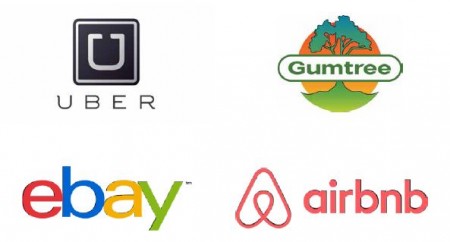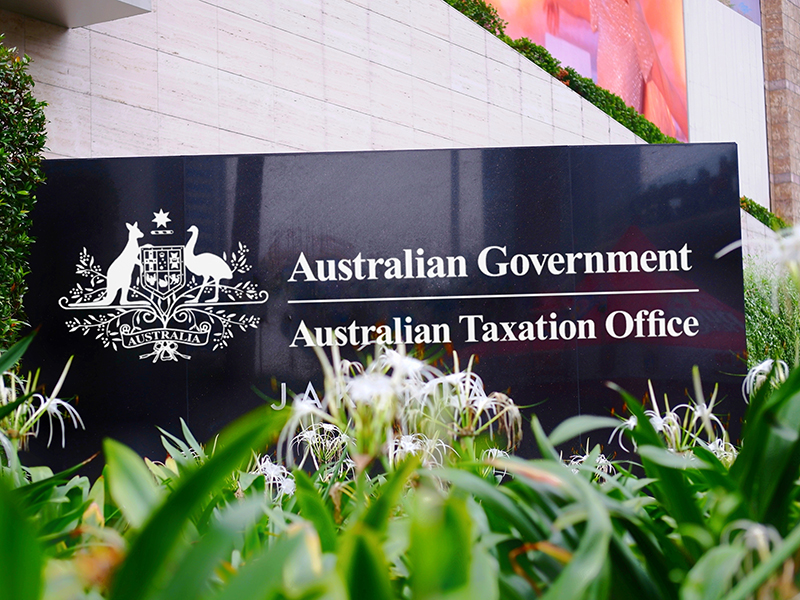
Tax Update – August 2015
Work-related and rental property claims on ATO’s watch list
Tax time is in full swing and the Australian Tax Office (ATO) has highlighted areas of concern for individuals ahead of tax return lodgement time. High on the watch list is work-related expense claims that are significantly higher than expected. In particular, the ATO will be paying particular attention to claims that have already been reimbursed by employers and expenses that are private. These items are not deductible.
TIP: You are entitled to claim deductions for some expenses that are directly related to earning your income. The expenses must not be private, domestic or capital in nature. If the expense is both private and work-related, you can claim a deduction for the work-related portion.
The ATO will also keep a keen eye on rental property deductions; playing close attention to:
- excessive deductions claimed for holiday homes
- husbands and wives splitting rental income and deductions inappropriately for jointly owned properties
- claims for repairs and maintenance shortly after the property was purchased
- interest deductions claimed for the private proportion of loans
TIP: You can claim expenses relating to your rental property but only for the period your property was rented or available for rent (e.g. advertised for rent). If part of your property is used to earn rent, you can claim expenses relating to that part of the property. You will need to work out a reasonable basis to apportion the claim. Please contact us for assistance.
Share-economy service providers need to assess tax implications

New internet and mobile technologies have allowed people to consider enterprises such as letting a spare room, letting a car space, doing odd jobs or other activities for payment, or driving passengers in a car for a fare. However, the ATO has warned that individuals providing such share-economy services may have tax obligations, which may include declaring income and registering for GST.
TIP: It may be prudent for all share-economy service providers to assess whether they are meeting their tax obligations. Please contact our office for assistance.
The ATO has also confirmed that people who provide ride-sharing services are providing ‘taxi travel’ under the GST law. It said the existing tax law applies and therefore drivers are required to register for GST regardless of their turnover. Affected drivers must also charge GST on the full fare, lodge BASs and report the income in their tax returns.
TIP: Recognising that some taxpayers may need to take corrective actions, the ATO is allowing drivers until 1 August 2015 to obtain an ABN and register for GST. The ATO said it does not intend to apply compliance resources regarding GST obligations for drivers prior to 1 August 2015 – except if there is evidence of fraud, or other significant matters.
Small business company tax rate cut
Parliament has passed legislation which will implement a 2015 Budget measure to reduce the company tax rate from 30% to 28.5% for small businesses with an aggregated turnover of less than $2 million. The company tax rate for corporate unit trusts and public trading trusts that are small business entities will also be reduced to 28.5%. For all other companies, the corporate tax rate will remain at 30%.
The amendments will apply for the first income year beginning on or after 1 July 2015 and for subsequent income years.
Accelerated depreciation write-off for small-medium enterprises (SMEs)
Legislative amendments to implement a 2015 Budget measure to support small businesses have made their way through Parliament. These amendments will allow a short-term accelerated depreciation write-off up to $20,000 (up from the $1,000 threshold) for assets acquired by small businesses. The increased threshold of $20,000 will apply only to assets first acquired at or after 7.30 pm, legal time in the ACT on 12 May 2015, and first used or installed ready for use on or before 30 June 2017. From 1 July 2017, the threshold will revert to the $1,000 threshold.
The rules around asset eligibility do not change. That is, if an asset was eligible for immediate deductibility under the $1,000 threshold it will continue to be deductible under the new $20,000 threshold.
TIP: Remember to keep records of purchases to substantiate claims. The ATO will monitor the use of the accelerated depreciation. In this regard, the ATO has said, if “small businesses exhibit behaviours that indicate a high level of risk, they can expect a higher level of interaction from the ATO”.
Age Pension changes on the way
The Government has proposed legislation to give effect to several changes affecting the Age Pension.

The assets test free areas will be increased to $250,000 for a single homeowner and $375,000 for a homeowner couple. The assets test threshold for non-homeowners will be increased to $200,000 more than homeowner pensioners, i.e. $450,000 (single) and $575,000 (couple). However, the assets test taper rate at which the Age Pension begins to phase out will be increased from $1.50 of pension per fortnight to $3.00 of pension for each $1,000 of assets over the relevant assets test threshold.
Those whose pension is cancelled will automatically be issued with a Commonwealth Seniors Health Card (CSHC) or a Health Care Card. The changes are proposed to take effect from 1 January 2017.


